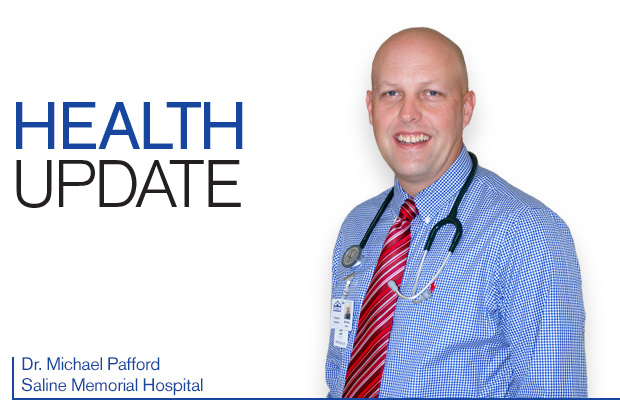The Vocabulary Of Medicine

It didn’t occur to me until many years after medical school, what my first two years of medical school had actually been…it was just a really long vocabulary lesson! That’s not to say that I wasn’t taught processes about the function of the human body in states of health and disease. However, the goal was always to name each of those processes so I could understand what was going on when such a process was referred to in a medical journal or in conversation with another physician.
A person cannot function as a physician without being able to speak the language, and that’s why the first two years were mostly spent with books rather than with patients.
An interesting problem arises when the primary goal is to teach a young doctor how to communicate with other doctors; they might become so good at communicating with other doctors that they forget how to communicate with people who are not doctors – namely patients! The key to avoiding this pitfall and bridging the gap between doctors and patients is to recognize that we are speaking two different languages!
Yes, medical language and common language both share English in our country, but the same English word can have two completely different meanings depending on whether it is spoken in a common context versus a medical context.
An excellent example is the word “failure.” Failure in the common language is usually rather drastic. If your car fails, you are usually looking at a major problem and expense. A car failure might mean that you have to rebuild an engine or buy a new car. If you simply needed your spark plugs changed, you probably would not tell your friend that your car failed. Failure in the common language is more final.
Many “failures” in medical language are not as final or drastic. Take for example the term acute kidney failure. This is not “failure” in the everyday common sense. Acute kidney failure is a specific name of a common medical problem that is encountered frequently in the hospital.
In my opinion, it is not a very good medical name because it tends to scare patients more than it should. If you go into a room and tell a patient they have acute kidney failure, their first fear is: “Am I going to be on dialysis?” Probably not!
A better name (if doctors were more sensitive to common language) would be acute kidney strain, because “strain” in common language implies a reversible process, and most of the time, acute kidney failure is reversible.
The single word that leads to the most misconception is the word “cure.” We hear frequently in the news about cures. Newspaper headlines such as “New Progress in the Search for Cancer Cure,” or “New Medicine Might Cure Ebola” are printed on a regular basis.
Headlines such as these imply the battle over an illness is won by the discovery of a single weapon. This leads one to believe that overcoming an illness is all a matter of being put on the right medicine, and nothing could be further from the truth!
Healing is the process of overcoming an illness or injury, and it is a complicated process that actually depends on many factors at different points in the process, all working together toward a common goal. For almost all illnesses, there is no “cure” in the sense of one magic potion that takes away the illness and restores health.
The true cure is all those healing factors taken together in concert. No single factor is the heavy lifter that does all the work for you.
Take pneumonia for example. Pneumonia is a lung infection in the deep tissues of the lung. Both bacteria and viruses can cause pneumonia (the flu is actually a viral pneumonia). Before there were antibiotics, about 60% of people who got pneumonia survived it.
That’s right! I said 60% of pneumonia patients survived without antibiotics! So, how are antibiotics the cure? If there is only one weapon that wins the pneumonia war and you don’t have it, shouldn’t you be dead?
It turns out that healing from pneumonia is much more complicated. Your best chance to survive pneumonia is if you have good antibiotics and a strong immune system that can destroy the germ bodies that were killed by antibiotics, adequate nutrition, and good pulmonary toilet.
“Pulmonary toilet” is a medical term for the lung’s ability to clean itself out. Having good pulmonary toilet also requires several factors including an effective cough, deep breathing, and healthy skin lining the inside of airways. Deep breathing requires special lung exercise called incentive spirometry and physical activity. Healthy skin lining the inside of airways requires not smoking.
Now you can see how none of these things by themselves are enough to cure pneumonia. Many of these factors depend on each other. In order for you to have the best chance at healing, you need all these things. Sometimes, not having one of these things (strong immune system for instance) is enough to prevent healing. If you understand this, you can see why a patient can sometimes be on exactly the right antibiotic and still not get better.
So, next time you find yourself confused during a discussion with a doctor, get specific with him about the terms he is using. It is quite possible that the source of the confusion is a common word that has a different meaning in a medical context, and finding that term can be the key to finding your understanding.










0 comments